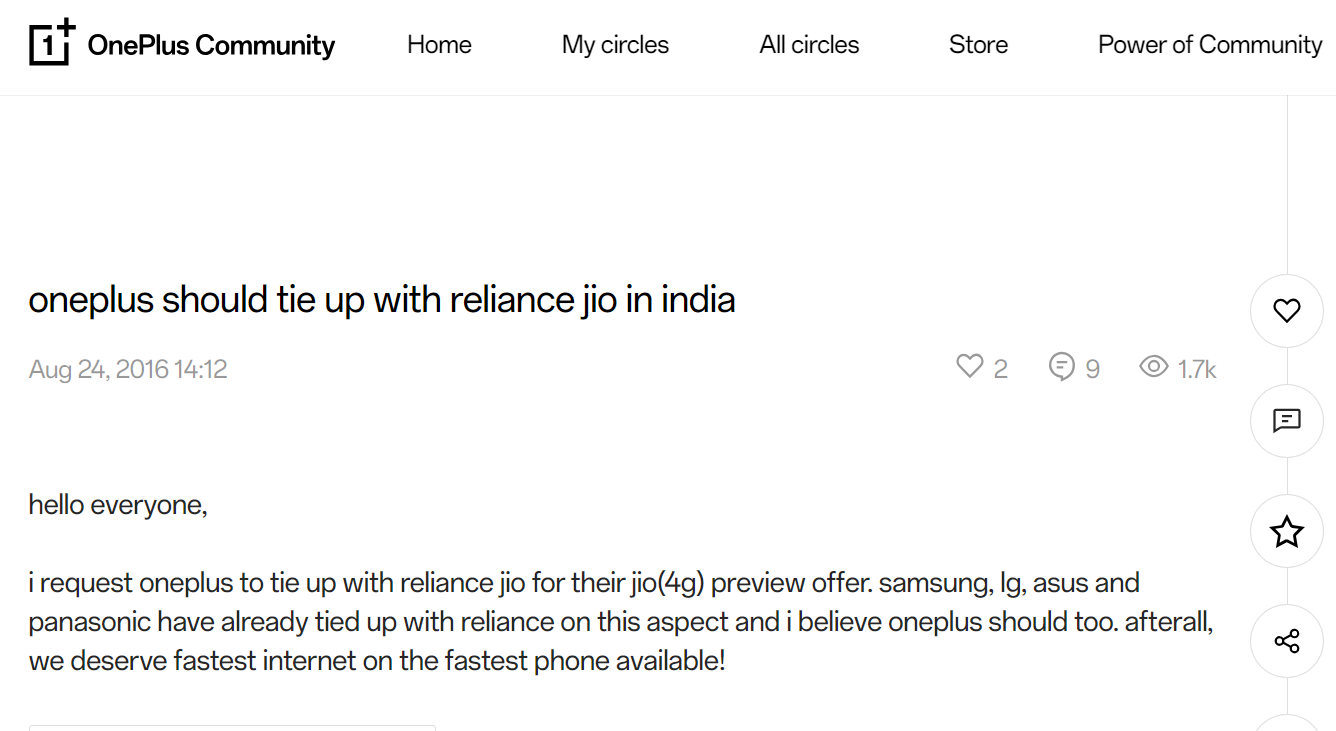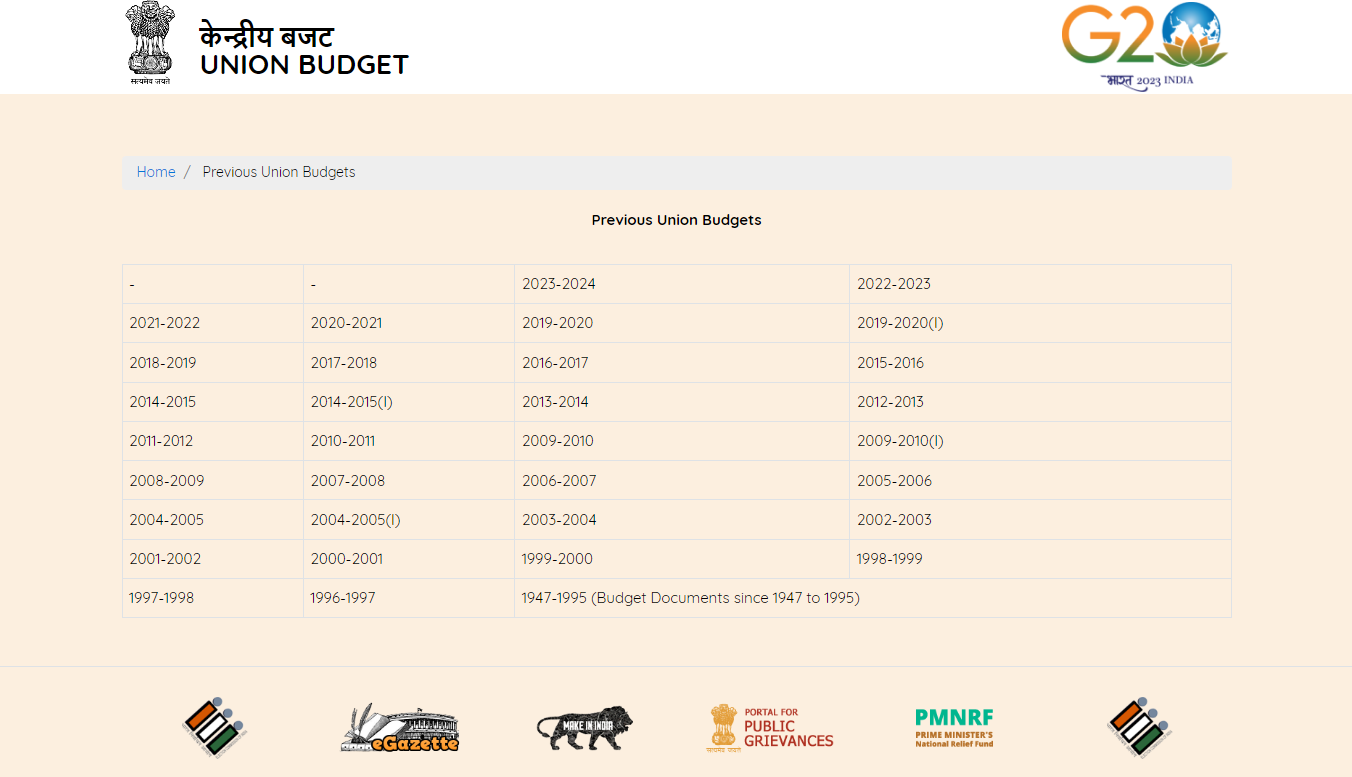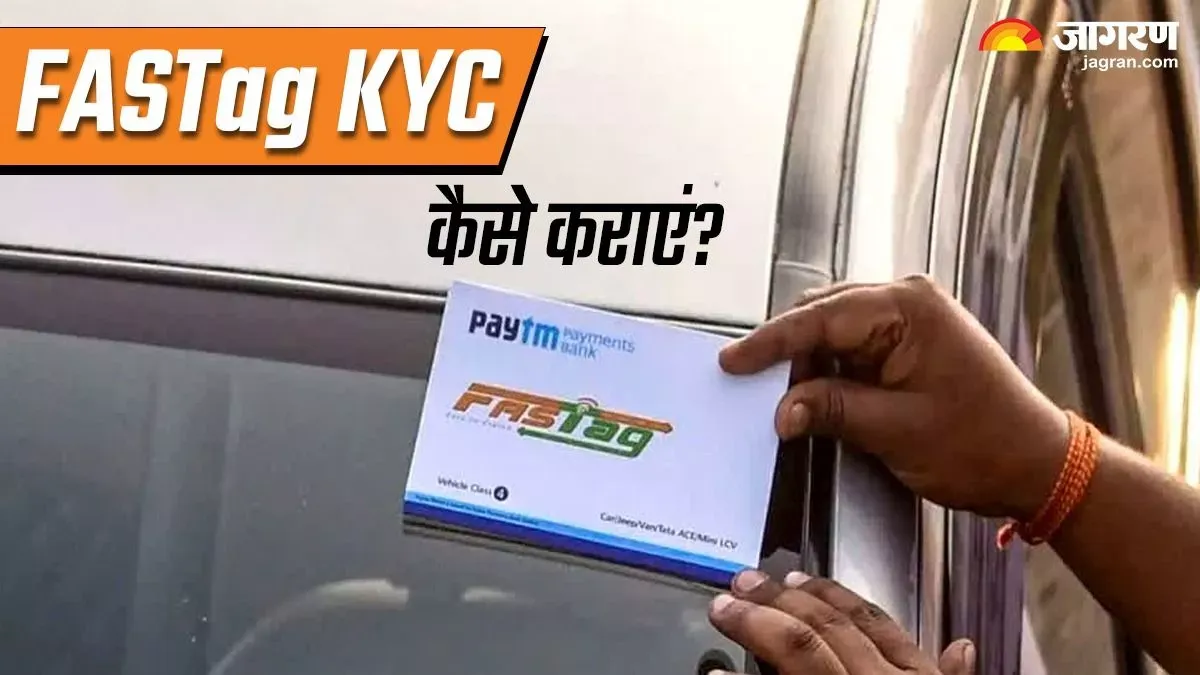Table of contents
Becoming an affiliate marketer is a great way to make money online.
Affiliate marketing is performance-based marketing, in which a business rewards one or more affiliates for each sale they generate.
You drive traffic to a merchant's website and promote their products or services as an affiliate marketer.
To break the steps for you:
- Choose the products/services you want to promote.
- Create a blog or website.
- Write articles regarding the affiliates.
- Promote your blog.
- Track your progress.
You also need to know the advantages and disadvantages of affiliate marketing today (in 2023!), provided that it has become a very competitive industry.
Most blogs you will read regarding affiliate marketing will only motivate you, but we want to present both sides of the coin so that you can take a call on whether this is meant for you.
So further in this article, we will also cover the following:
- Types of affiliate marketing.
- Advantages of affiliate marketing.
- Disadvantages of affiliate marketing.
- 25 Indian affiliate marketing websites list.
Let's start - Affiliate Marketing in 2023.
This article is specifically meant for Indian Audience and majority of facts & stats are Indian.
Introduction:
To become an affiliate marketer, you must first decide what type of product or service you want to promote. It could be anything from digital products to physical goods, services, or even courses. Once you have chosen your product, you need to find an affiliate network that works with the merchants offering those products. The most popular networks include Amazon Affiliates, ClickBank, Flipkart, and Snapdeal. (We have a full list for you further in this article).
Next, you will need to create your website or blog to advertise your chosen product and link to the merchant's website.
Here is a detailed article we recently published on how to start a blog & monetize it.
Creating a blog will allow potential customers to visit the merchant's site and make a purchase. You should also create social media accounts on sites such as Facebook, Instagram, Twitter, and YouTube to promote your affiliate links and reach new audiences.
Finally, it's important to track your progress and measure the success of your campaigns. Doing so will allow you to refine your strategies and increase your profits. Anyone can become a successful affiliate marketer with some hard work and dedication.
Here are some quick examples:
One popular example of affiliate marketing is Amazon Associates, which offers affiliates the chance to earn commissions on sales generated through their websites. Affiliates choose from over 1 million products featured on Amazon and earn up to 10% commission for each sale they help generate.
Another example is Clickbank, an online retail store specializing in digital products such as eBooks and software. With Clickbank, affiliates can access thousands of products from different vendors and earn up to 75% commission per sale. They also provide their affiliates with tools such as banners and product images that they can use on their websites, along with tracking technology so they can easily monitor the performance of their campaigns.
By leveraging large networks like Amazon Associates or Clickbank, businesses can reach more potential customers than ever while giving affiliates an incentive to promote their products or services.
Types of Affiliate Marketing:
Different affiliate marketing strategies may be used depending on the promoted product or service.
1. Cost Per Action (CPA) Affiliate Marketing: In this type of affiliate marketing, the affiliate earns a commission when a customer completes an action, such as making a purchase or subscribing to a newsletter. These are often called "pay-per-action" or "pay-per-sale" programs.
2. Cost Per Click (CPC) Affiliate Marketing: This type of affiliate marketing involves the publisher earning a commission when a customer clicks on an advertisement and visits the advertiser's website. There are commonly referred to as "pay-per-click" programs.
3. Cost Per Lead (CPL) Affiliate Marketing: In this type of affiliate marketing, the publisher earns a commission when a customer fills out a form or other registration process. There are commonly referred to as "pay-per-lead" programs.
4. Cost Per Mile (CPM) Affiliate Marketing: With this type of affiliate marketing, publishers are paid based on the number of visitors that click through and visit the advertiser's website from their ads. This is commonly referred to as "cost-per-mile" or "cost-per-impression" programs.
5. Content Partner Affiliate Marketing: Content partner affiliate marketing is an arrangement between the advertiser and publisher where content created by the publisher promotes products and services from the advertiser in exchange for a commission on sales generated from that content.
Advantages of Affiliate Marketing:
1. Low Start-up Cost: One of the major advantages of affiliate marketing is that there is a low start-up cost involved. You need a website, an affiliate program, and a way to track your sales. This makes it easy for anyone to start an affiliate business, even with limited resources.
2. Flexibility: Affiliate marketing also offers great flexibility regarding when and how you work. You can choose your hours and work schedule, making it an ideal option for those with busy lifestyles or with children to look after.
3. High Potential Earnings: Affiliate marketing has great potential for earning income. With the right strategies, affiliates can make hundreds or even thousands of dollars each month from their efforts.
4. Low Overhead: There are no overhead costs associated with affiliate marketing since you don't need to hire employees, buy office space or invest in other business essentials. This helps keep costs low while maximizing potential income.
5. Passive Income: Affiliate marketing can generate passive income if you continue promoting products and services on your website or blog. This allows you to focus on other aspects of your business or personal life without worrying about making sales commissions daily.
Disadvantages of Affiliate Marketing:
1. High Competition: Affiliate marketing is very competitive, and it can be hard to stand out from the crowd and make money from your efforts. It's important to stay up-to-date on industry trends and find creative ways to promote products if you want to succeed in this arena.
2. Low Commission Rates: Some merchants offer very low commission rates for affiliates which means that it can be difficult to generate a significant amount of income from sales commissions alone. It is important to research potential merchants before signing up so that you know exactly what commission rate they offer and any other restrictions or conditions that may apply.
3. Time Commitment: To be successful in affiliate marketing requires a lot of time and effort upfront to establish yourself in the market and begin making sales commissions over time. It is important to have patience and understand that this will not happen overnight but over time as you continue promoting products and services with the right strategies.
I have decided to go for it, tell me more.
The sky is the limit now that you have decided to pursue affiliate marketing! With enough hard work and dedication, you can create a steady and reliable income stream while still having the autonomy to make your own decisions. Whether you're just starting out or already have years of experience in this field, the potential to excel and achieve success is there. With the right tools, knowledge, and determination, you have everything you need to take your affiliate marketing business to the next level. Here's to your success!
These websites will be helpful for you in your journey. Click on the names and signup on to these sites to join their affiliate programs. If you need more assistance, feel free to write to hello@indiatech.com.






























